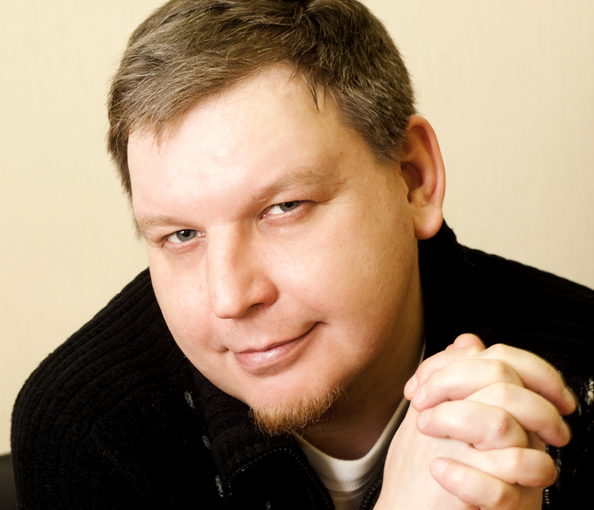In a commentary on Rufabula.com today, the Petrozavodsk-based writer, begins by recalling that earlier this summer he proposed that Russian regionalists imagine “an alternative history” in which supporters of regional self-administration would have appeared “not in the East but in the West of Ukraine”.
Such a group, the “Samopomich Obednannya,” has now emerged and is winning support not only in western Ukraine but elsewhere as well. Shtepa says this is to be explained by the fact that “voters are already somewhat tired from the tribunes of the Maidan of the start of the year” but have no interest in a return to Yanukovych-style centralization and deference to Moscow.
The Mutual Assistance Party is in many ways “a symbol of the cadres renewal” of Ukrainian leadership, the Russian regionalist argues, people who are “not bureaucrats” as has been the case with many Ukrainian leaders in the past but rather “primarily young professionals” in areas as diverse as information technology and law.
“It is interesting,” Shtepa continues, that this group appeared in Galicia at the start of last year rather than somewhere or sometime different. It arose out of “civic cooperative unions” which set as their tasks “regional economic self-organization and political self-administration” and drew on the mutual assistance models of Ukrainians in the United States.
Like “practically all political forces” in Ukraine, the new group accepts “the principles of European integration and the strengthening of national defense” as givens. What sets it apart, he says, is that “together with these principles, it is pushing actively for the development of local self-administration” and “even considers this the basis of stability.”
Over the last eight years, Sadovy says, local self-administration in Ukraine has seen its authority cut by sixty percent. As a result, Ukraine “has become weaker” because “the enemy has made use of this.” That trend must be reversed. Unfortunately, as a result of events in the east, over the last six months, centralization has “only increased rather than decreased.”
Looking to the future, Sadovy continues, “the very worst thing would be” if Kyiv allowed the regions in the east to have ever more self-administration while leaving “all the remaining cities at the former level. “If the state wants to be successful,” the Lviv mayor argues, “the only way is the development of local self-administration” everywhere.
Regions, cities, villages and social organizations can do a lot. “The task of the authorities is not to interfere” with this process but rather allow the people to work. If that happens, Ukraine will flourish and Crimea will be returned to Ukraine because people there will see that Ukrainians are better off than they are under the “pseudo” regionalism Moscow is promoting.
“This is a clear and deep understanding of contemporary regionalism,” Shtepa says, one that has escaped from the association of “regionalism” with “the criminal-corrupt parody of it in the form of the Party of the Regions.” It is a genuine and European movement, and it is one that can provide important lessons to cities and regions in Russia as well.

